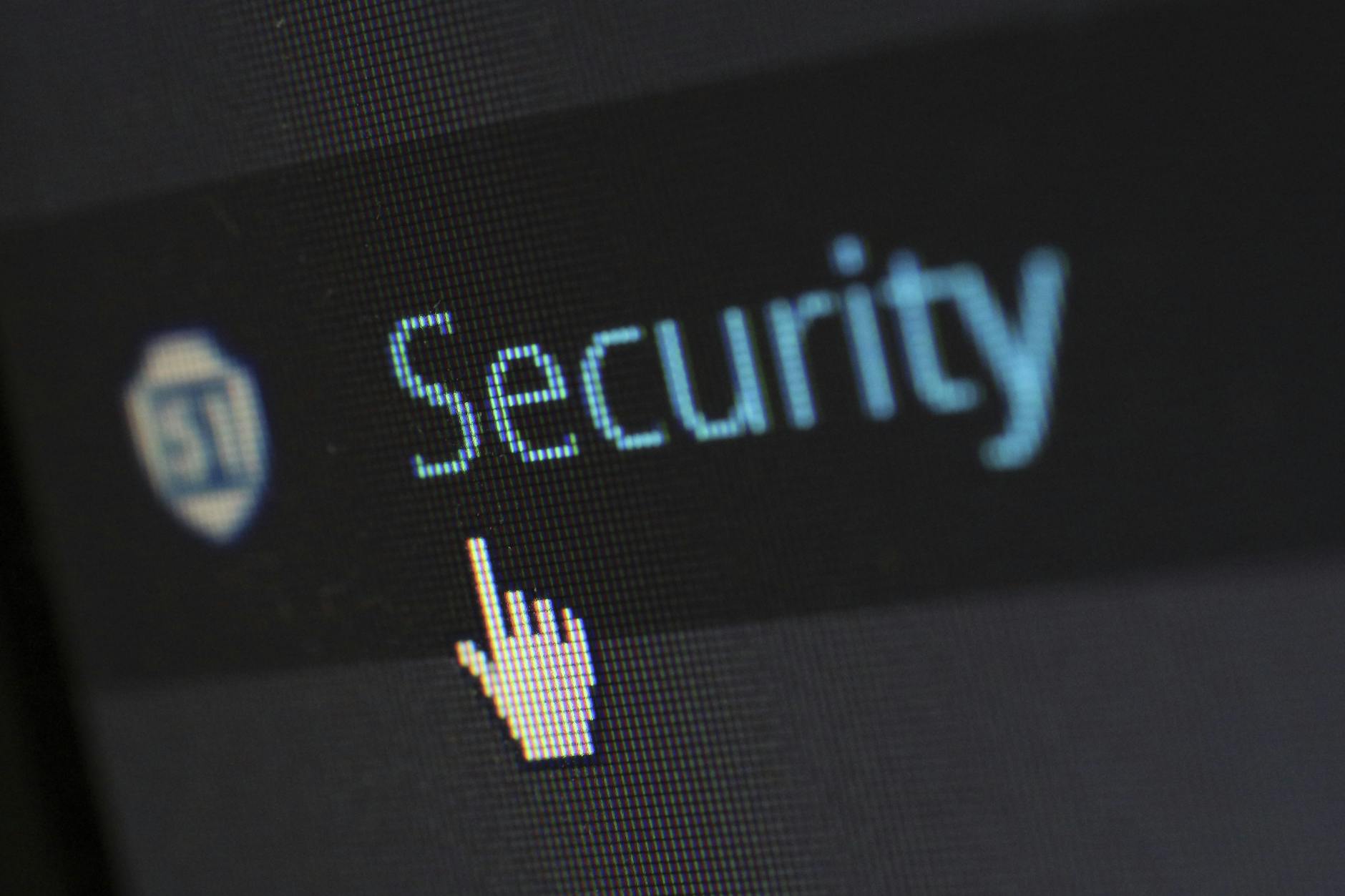
Computer Security in 2025: The Ultimate Guide to Staying Safe Online
Picture this: You’re sipping your morning coffee, scrolling through emails, when suddenly—your screen freezes. A red skull flashes on your monitor. Your heart drops. You’ve been hacked. Sounds like a nightmare? It happens to thousands every day. But here’s the good news: with the right knowledge, you can avoid becoming another cybercrime statistic. Let’s dive into the world of computer security—where I’ll share hard-earned lessons, a few laughs, and actionable advice to keep your digital life locked down tight.
Why Computer Security Matters More Than Ever
Gone are the days when a simple antivirus was enough. Today, cyber threats are smarter, faster, and sneakier. From ransomware holding hospitals hostage to AI-powered phishing scams, the stakes have never been higher. I learned this the hard way in 2018 when a fake “Netflix” email cost me three days of frantic password resets. Let’s break down what you really need to know.
The 3 Pillars of Strong Computer Security
- Prevention: Stopping attacks before they happen (firewalls, updates)
- Detection: Spotting breaches early (monitoring tools)
- Response: Containing damage when things go wrong (backups, incident plans)
2025 Trends That’ll Change the Game
Based on my conversations with CISOs at last year’s Black Hat conference, here’s what’s coming:
| Trend | Impact | How to Prepare |
|---|---|---|
| AI vs. AI Cyber Wars | Hackers using AI to bypass traditional defenses | Adopt AI-based security tools like Darktrace |
| Quantum Computing Threats | Current encryption becoming obsolete | Start testing post-quantum cryptography |
| Biohacking Risks | Hacks targeting medical implants/wearables | Segment IoT devices on separate networks |
Common Mistakes Even Smart People Make
I’ve audited hundreds of systems, and these blunders keep recurring:
1. The “Set It and Forget It” Firewall
Firewalls need tuning like a piano. Last month, a client’s default settings allowed Chinese botnets to waltz right in. Monthly rule reviews are non-negotiable.
2. Password Recycling
Using “Fluffy123” across 17 sites? That’s like using the same key for your house, car, and bank vault. Try a password manager—I swear by Bitwarden.
3. Trusting Public Wi-Fi
That “Free Airport WiFi” could be “Hacker Joe’s Sniffer Network.” Always use a VPN—my team caught a credit card skimmer at a Starbucks last Tuesday.
FAQs: Your Burning Questions Answered
Is antivirus software still relevant in 2025?
Yes, but it’s just one layer. Modern threats require endpoint detection (EDR) and behavioral analysis. Think of antivirus as a flu shot—helpful but not bulletproof.
How often should I really change passwords?
Forbes says every 90 days, but I disagree. Focus on length (12+ characters) and uniqueness. Change immediately after breaches though—check HaveIBeenPwned.com.
Are Macs really more secure than PCs?
Historically yes, but Mac malware grew 300% last year. My MacBook Pro got cryptojacked in 2023. No platform is immune—stay vigilant.
Final Thoughts: Your Action Plan
Computer security isn’t about paranoia—it’s about smart habits. Start today: update your router firmware, enable multi-factor authentication, and for heaven’s sake, stop clicking “Remind Me Later” on updates. Want personalized advice? Drop me a line at security@yourdomain.com—I read every message (and yes, the inbox is encrypted). Stay safe out there, and remember: in cybersecurity, the best offense is a good defense.
Related: openai chatbot
Related: Silent Hill 2 remake preview
Also read: DeepSeek
Also read: Amazon



Pingback: ar glasses - previewkart.com